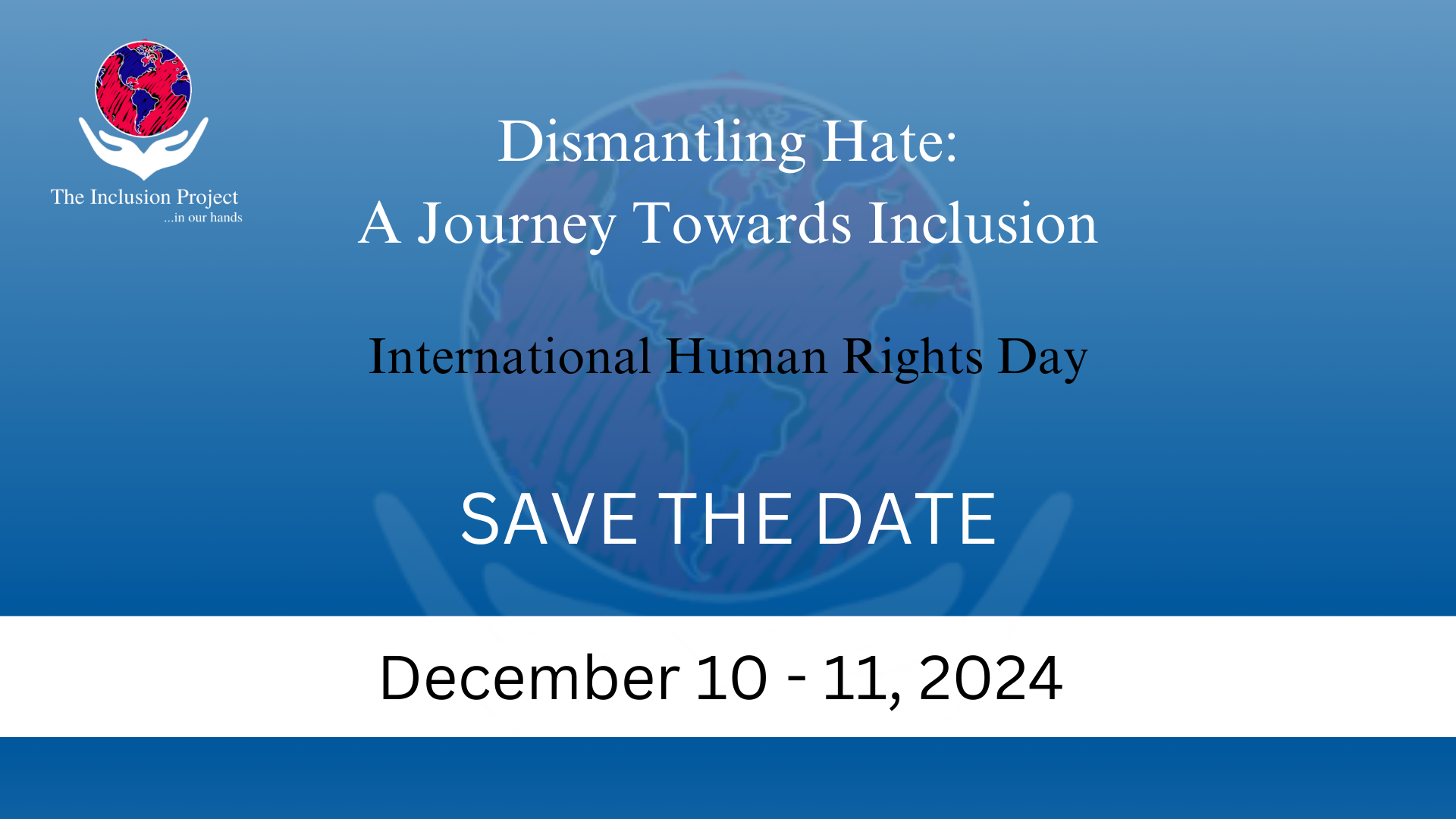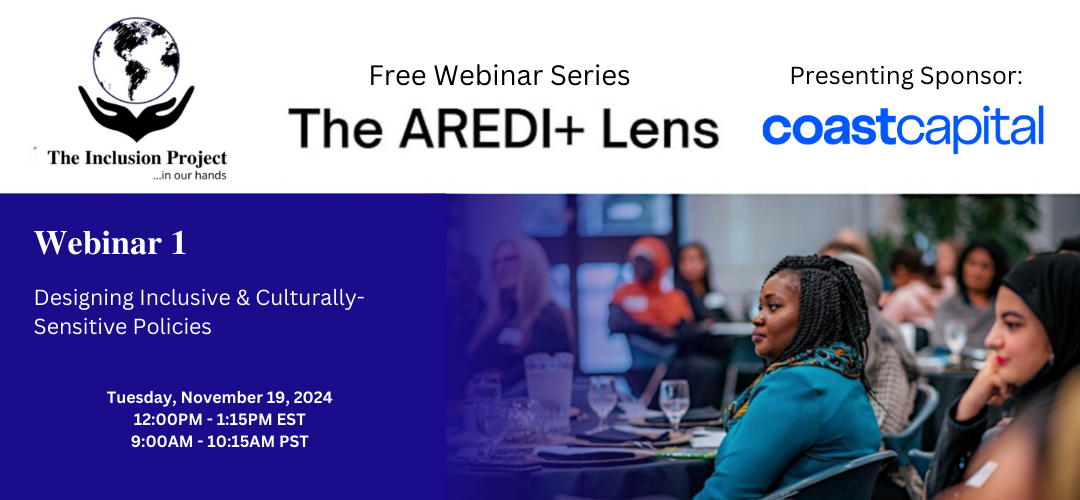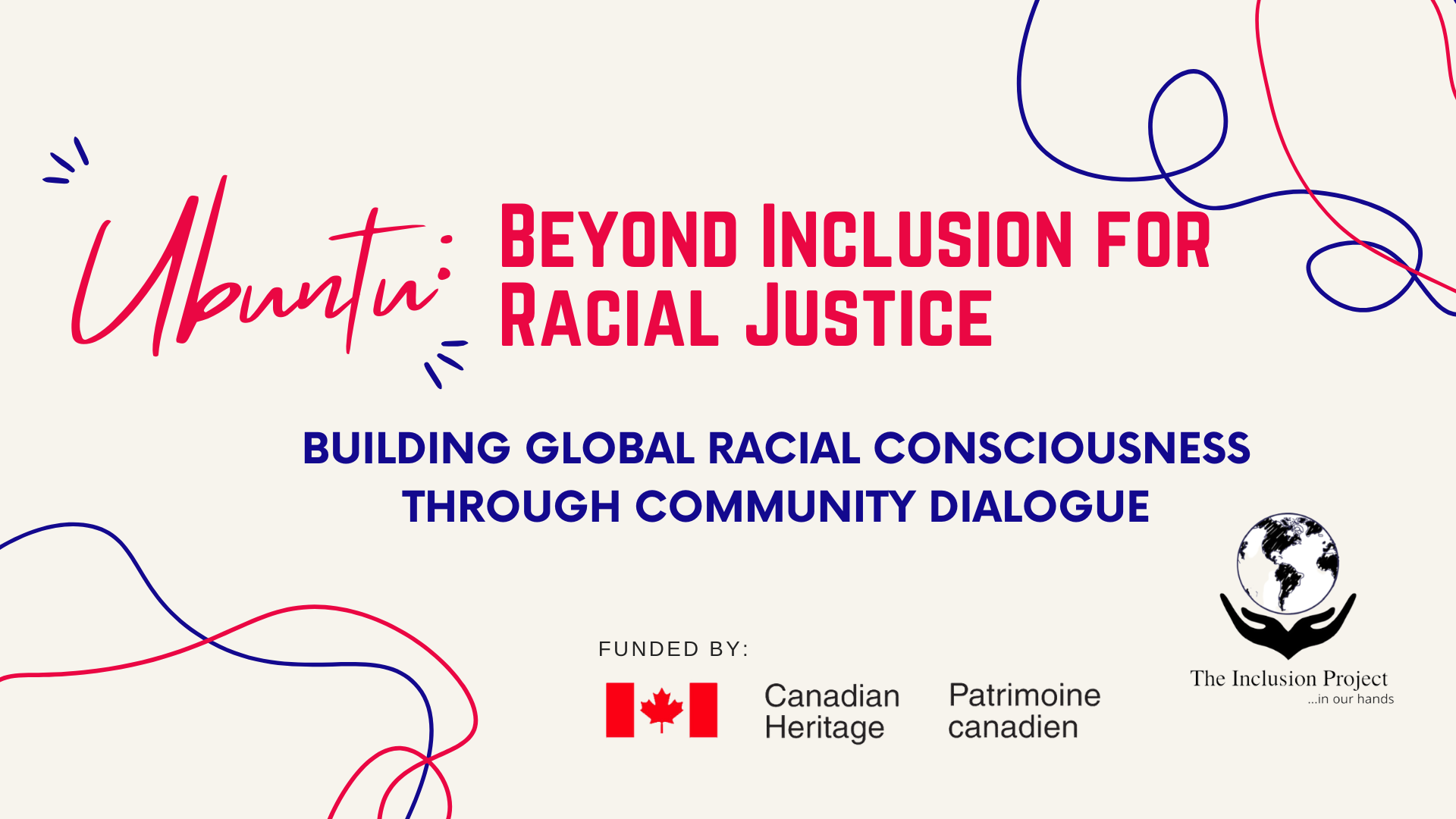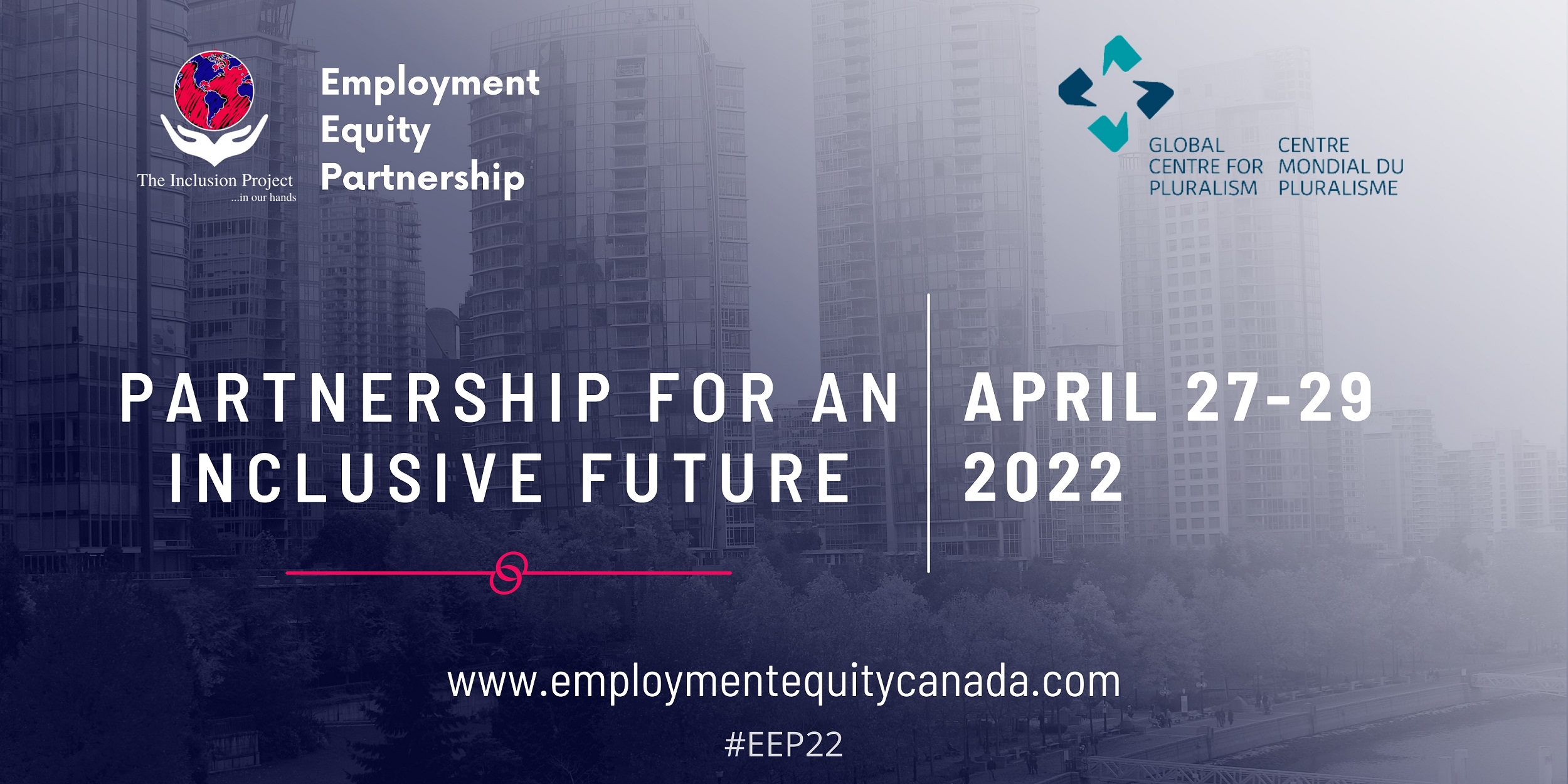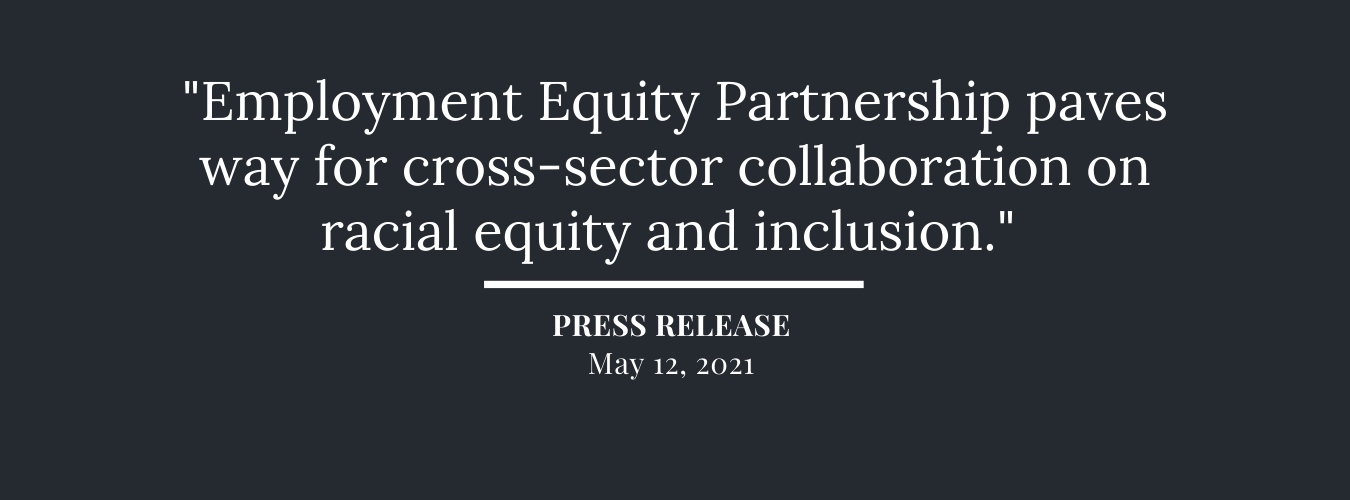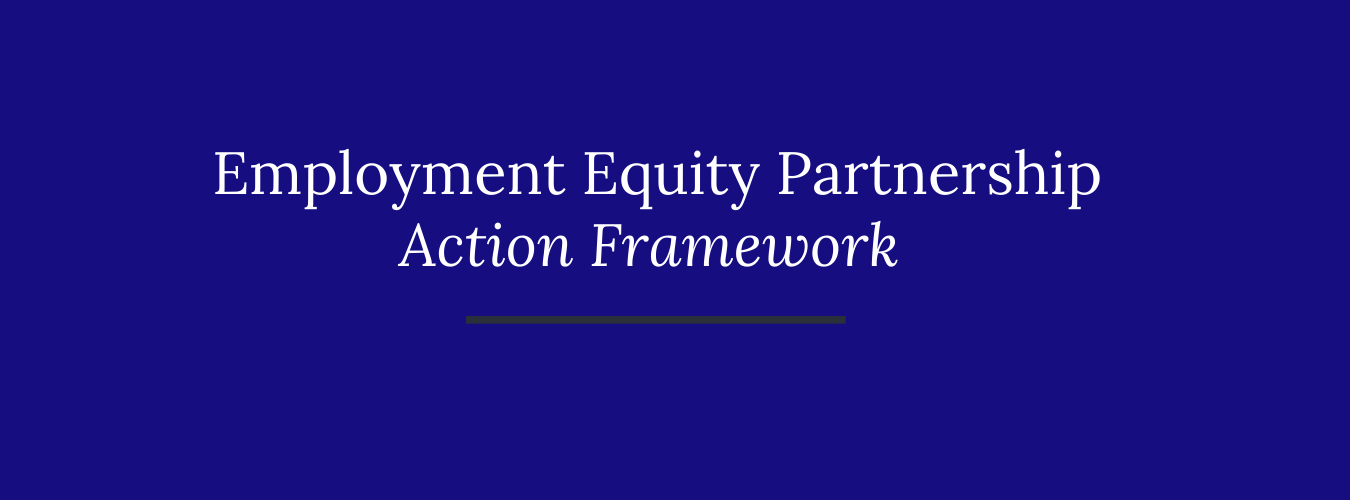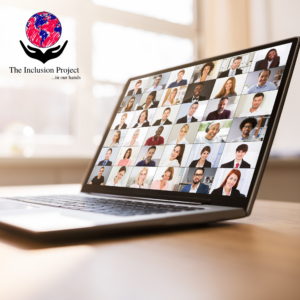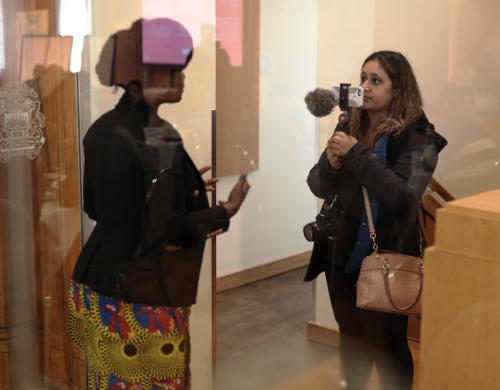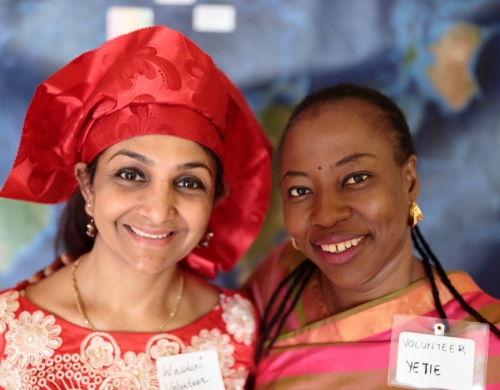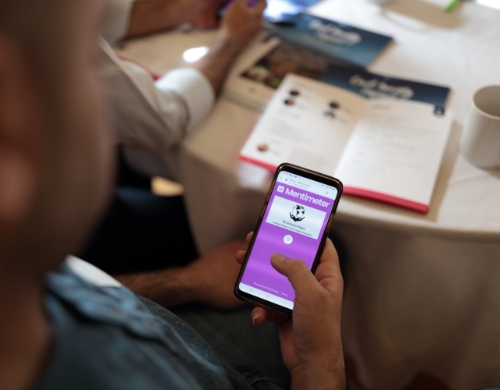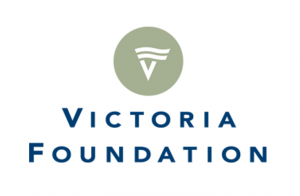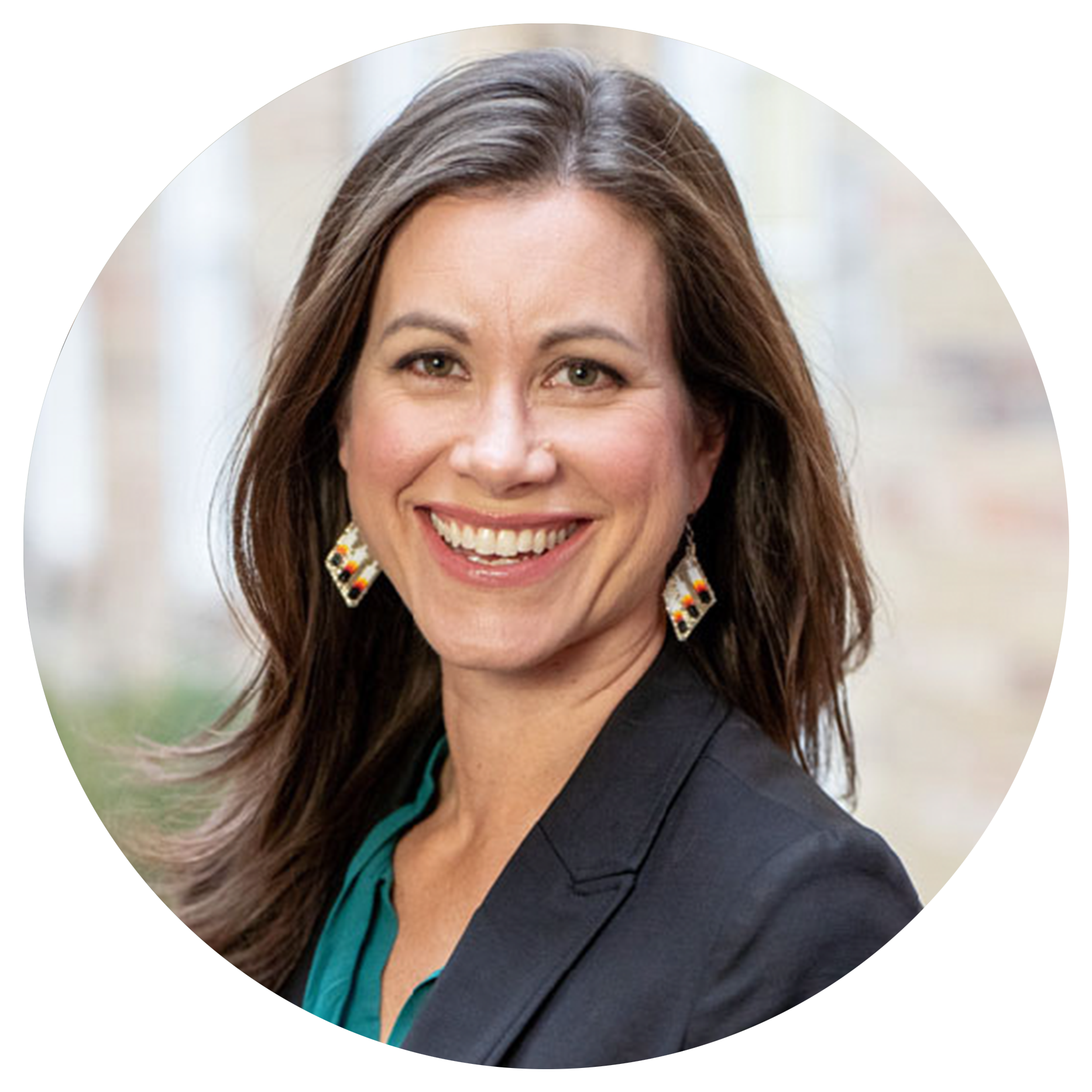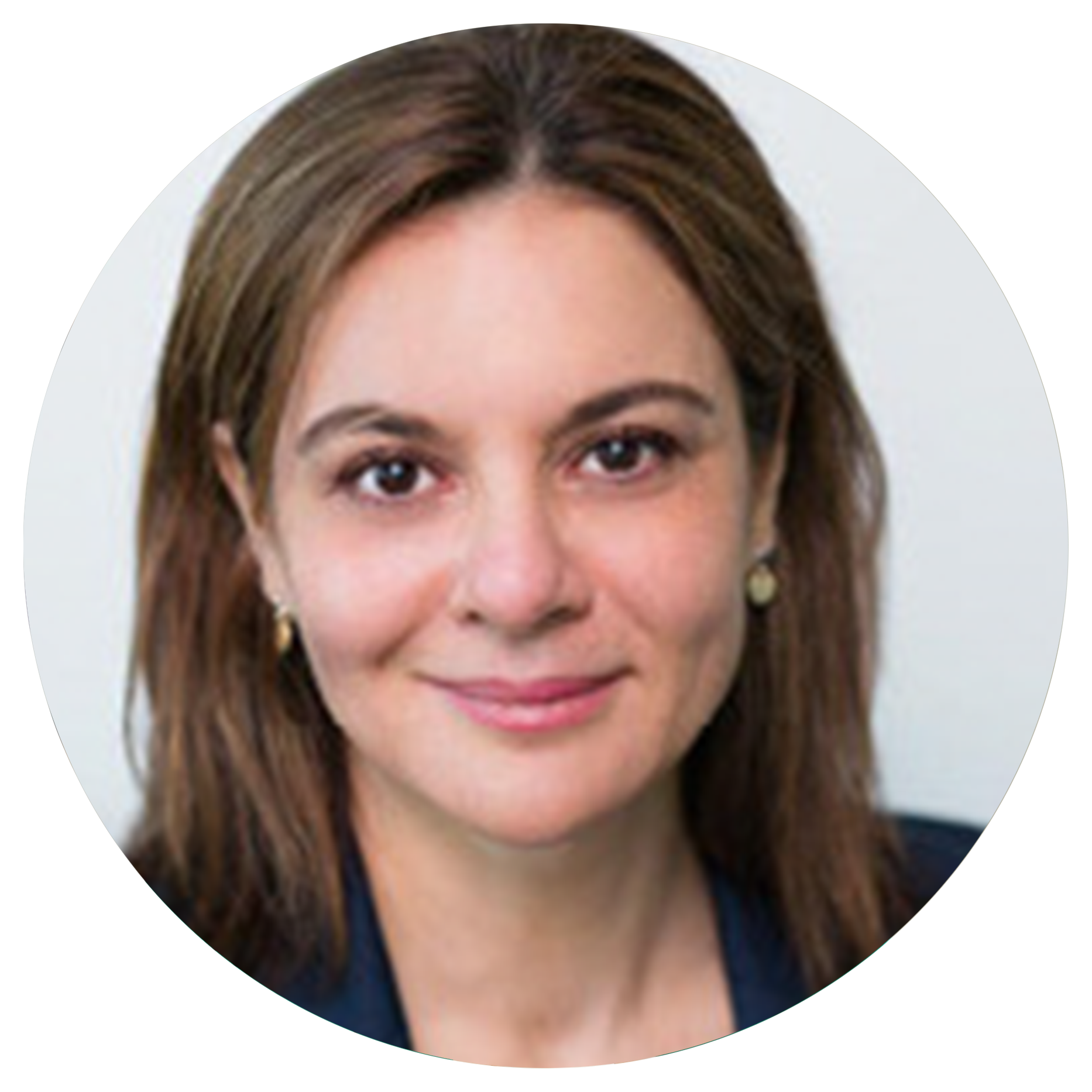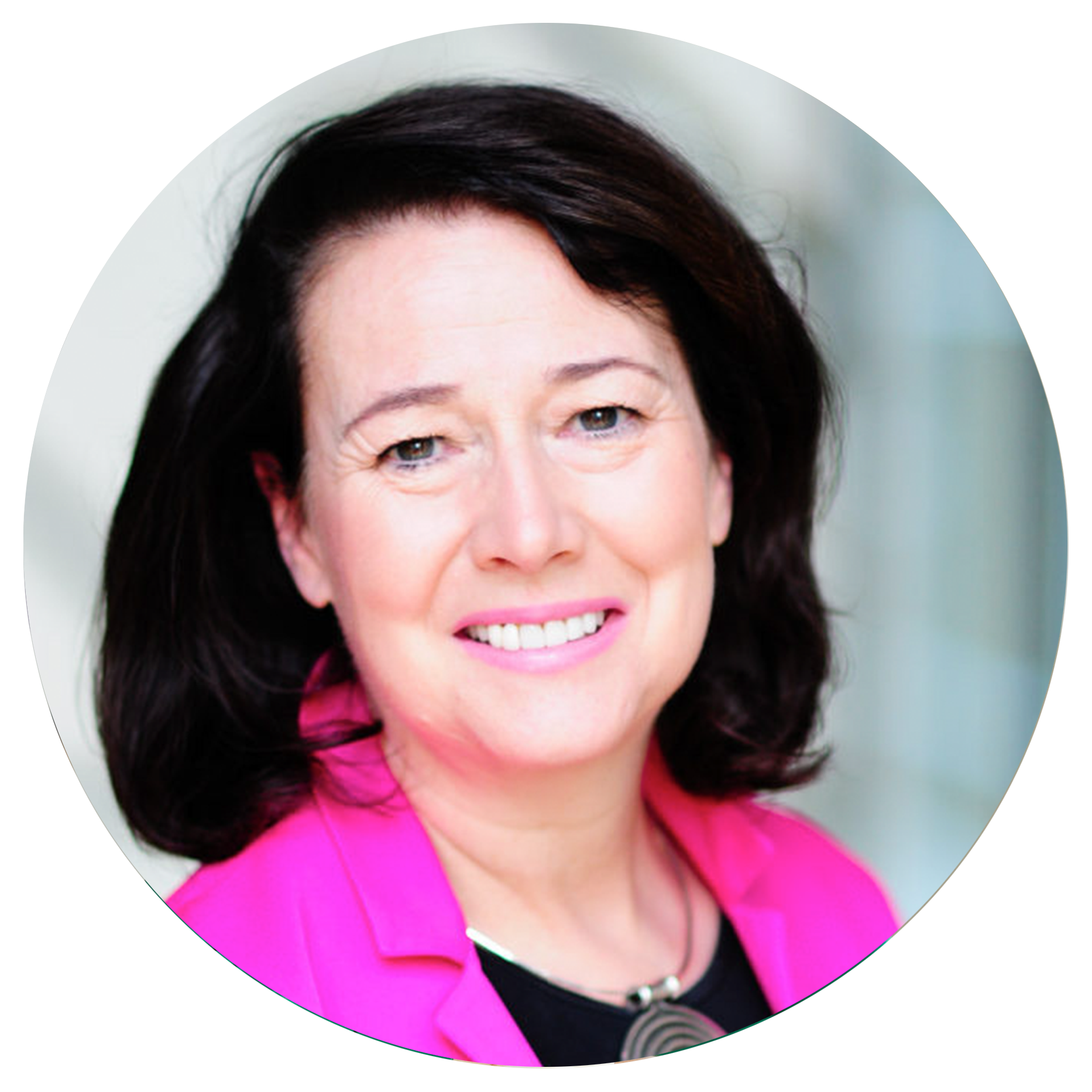Our Partners
Our extended community of clients and partners have contributed immensely
to the development of our vision and the delivery of our REDI framework.
As a founding partner, the Victoria Foundation supports our efforts towards engaging community-based organizations within the region and across Canada to further Racial Equity Diversity and Inclusion (REDI). We continue to strengthen our support for racialized and other equity-seeking groups in communities through intercultural competence development; advisory for equitable resource distribution; employment equity frameworks; anti-racism and anti-harassment frameworks; roadmaps for BIPOC engagement and representation. Our work focuses internally (within organizational systems and structures) and externally (across organizations and community groups), in the development of REDI processes across Canada.
